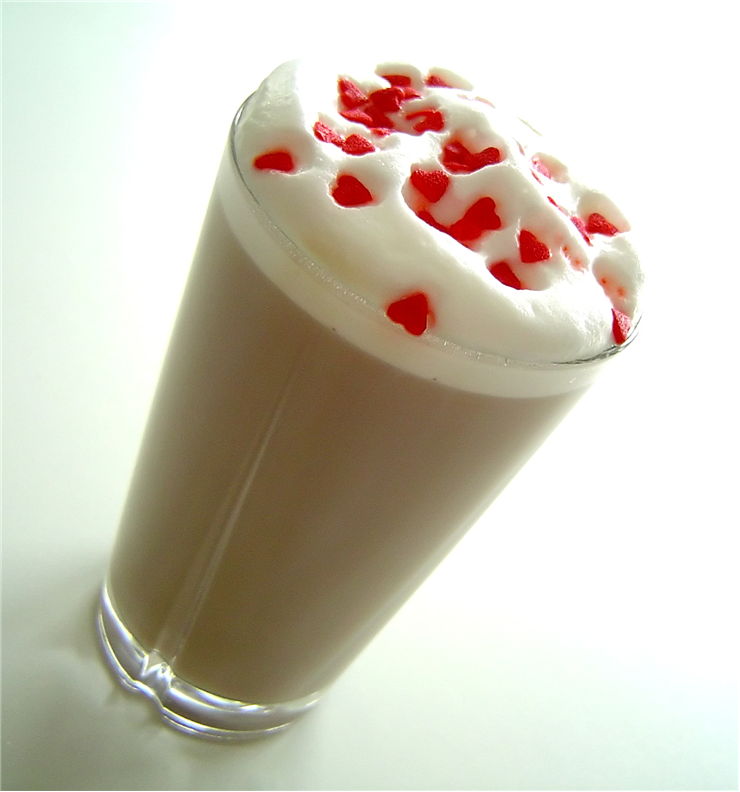Coffee Health Risks - What are the Health Risks of Coffee?
For hundreds of years, coffee has been one of few most popular beverages on earth. Although drinking coffee has benefits there are also risks of drinking coffee especially in excessive amounts that range from unpleasant to life-threatening. Many of coffee's health risks are due to its caffeine content and can be avoided by drinking coffee that is decaffeinated.
- Unfiltered coffee and coffee brewed using metal filters has oily components called diterpenes. The two of them are kahweol and cafestol, and they can elevate low-density lipoprotein (LDL) levels in blood which can increase risk of coronary heart disease.
- It is known that elderly individuals can tolerate coffee with caffeine very badly because of their depleted enzymatic system.
- There were cases where coffee consumption had led to iron deficiency anemia especially in mothers and infants due to the polyphenols coffee contains.
- There are studies that suggest that caffeine in coffee can cause stiffening of arterial walls that is temporary in nature.
- If a person who drinks coffee has a pre-existing anxiety disorder caffeine can cause anxiety, especially in high doses.
- Caffeine, which coffee has as one of its many ingredients, is a mild addictive stimulant. When discontinuing coffee use, a form of of withdrawal can be expected in the form of of depression, anxiety, low vigor, or fatigue.
- For consumers of coffee under 55, drinking more than four cups a day can increase risk of dying.
- Caffeine is a mild diuretic. It increases urinary output and can cause dehydration if not controlled. Coffee also has laxative effect.
- Caffeine has a bad effect in people with existing Type 2 diabetes. It worsens the body's ability to metabolize blood sugar.
- Caffeine can lessen the absorption of some nutrients and causes the urinary excretion of calcium, magnesium, potassium, iron, and other useful minerals.
- Caffeine increases gastric acid secretion and increases chances for gastro-esophageal reflux disease.
- With people that have fairly common genetic mutation that slows the breakdown of caffeine in the body two or more cups of coffee a day can increase the risk of a heart disease.
- Excessive coffee drinking can lead to irritability, insomnia, and a rapid and irregular heart rate. Coffee may aggravate pre-existing conditions such as migraines, arrhythmias, and cause sleep disturbances.
- Studies have suggested that those that drink four or more cups of coffee a day experience headaches.
- Food Standards Agency advises pregnant women to limit caffeine intake because a limited study suggested that women consuming higher amounts of caffeine had an increased risk for miscarriage.
- Older adults may be more sensitive to the effects of caffeine on calcium metabolism and loss of calcium through urination.
- Many fast food coffees have additional chemicals that can trigger side effects from additional cravings to diarrhea.
- Decaffeinated coffee may increase the risk of rheumatoid arthritis. Researchers speculate that source of this is not presence or absence of caffeine but something in the way decaffeinated coffee is processed that triggers an arthritic response. Some think that industrial solvents used in the process of decaffeination are the culprits.



